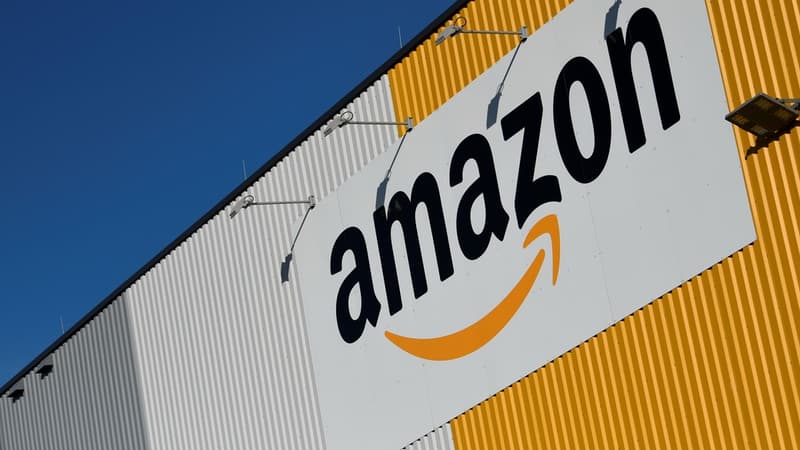After years of investigations into Amazon and tensions between political powers and the online commerce platform, the US competition authority, the FTC, and 17 states filed a complaint, this Tuesday, September 26, against the technology giant accused of “ illegally maintain its monopoly” thanks to “anti-competitive and unfair strategies.”
“It is not about the size of Amazon,” the institution states in a statement, but about its “illegal methods that aim to exclude competitors, prevent their development and prevent alternatives from emerging.” According to the FTC, Amazon, for example, discourages sellers from offering lower prices than its own on products where the Seattle group competes with retailers. The authority also criticizes the American giant for conditioning merchants’ eligibility for “Prime” (a subscription that allows consumers to receive products quickly) on the use of Amazon’s “expensive” logistics services.
“The complaint filed today clearly shows that the FTC has radically departed from its mission to protect consumers and competition,” responded David Zapolsky, vice president of Amazon, in statements to the press.
“Amazing contempt”
He assures that the practices questioned by the authority, on the contrary, “contributed to stimulating competition and innovation throughout the retail sector, and made it possible to offer more options, lower prices and faster delivery times to Amazon customers, as well as as greater opportunities for the many companies that sell in the Amazon store.
The American group, which had a turnover of 134.4 billion dollars and generated a net profit of 6.7 billion dollars in the second quarter of this year, periodically highlights the increase in sales made by merchants on its platform. In 2022, “more than 60% of sales on Amazon came from independent sellers, the majority of which are small and medium-sized businesses,” the company highlighted last month.
But for many NGOs, SMEs suffer from the unfavorable balance of power with the giant. “SMEs have been waiting for this moment (the FTC complaint, editor’s note) for a long time,” said Stacy Mitchell, co-director of the Institute for Local Self-Reliance, which campaigns for local and ecological rights, on Tuesday, September 26. . -Environmentally friendly consumption.
“By controlling market access, Amazon can prioritize its own products if it wants, spy on companies for their best ideas and data. It can lay down the law and govern with surprising contempt. One day, it gives a seller the “delivery within 24 hours” hours option The next day, she suspends her account, completely eliminating her sales.
Amazon’s antitrust paradox
Numerous American elected officials and the Democratic Government of Joe Biden have been trying for years to align the technology giants, regularly accused of abusing their dominant position in their respective sectors. Relations between the organization and Amazon are particularly tense.
Lawyer Lina Khan, president of the FTC since 2021, became known in the academic world while she was still a student, publishing an article titled “The Amazon Antitrust Paradox” in the Yale University Law Review in 2017. She considered that the US legislative arsenal was insufficient to fight the monopolistic practices of groups like Amazon.
In June 2021, the company filed a complaint with the FTC, asking it to ensure that its manager did not deal with antitrust matters that concern her and accusing her of her lack of impartiality. But that hasn’t stopped the federal agency from moving forward on several fronts. Last June, the FTC filed a complaint against Amazon for having “trapped consumers” with its Prime subscription, which renews automatically and is “complicated” to cancel.
The institution also attacked the group for respecting the confidentiality of the data. Last May, Amazon agreed to pay more than $30 million to end lawsuits against Ring and Alexa (connected doorbells and speakers, security cameras), two product lines that collect a lot of information about their users.
Source: BFM TV


